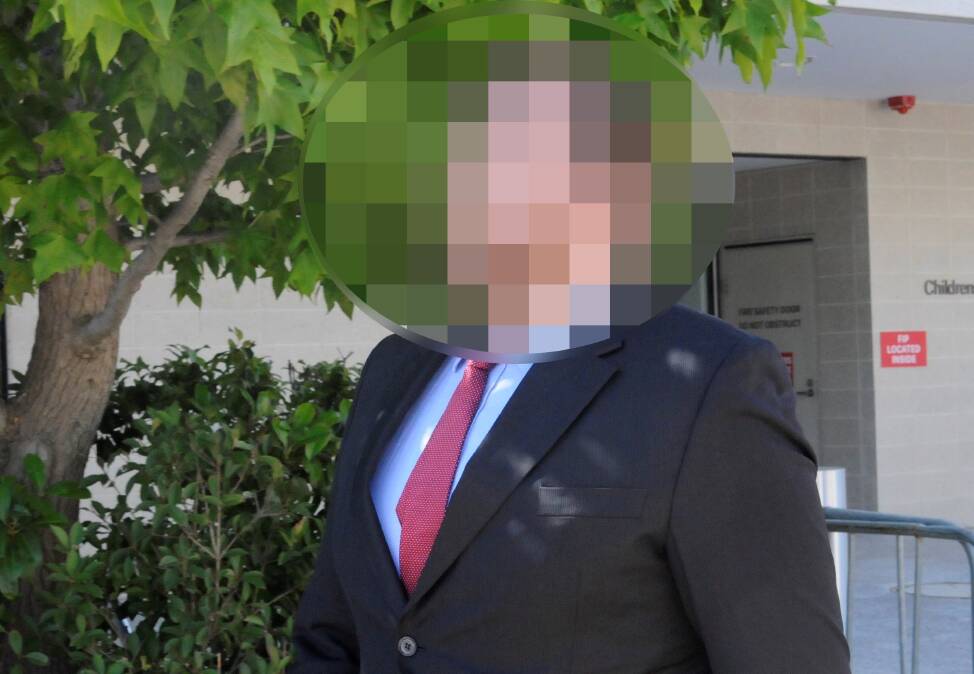
A former intelligence worker does not have to go back to jail after winning an appeal against what a judge has described as a "plainly unjust" sentence for "morally repugnant" spy camera crimes.
The 31-year-old former Canberra man pleaded guilty last year to two charges of capturing visual data in an invasion of privacy, having amassed 842 videos and photos of his housemate without her knowledge.
The man, who is not being named to protect the identity of his victim, committed his crimes over the course of several months in 2020.
He initially spied on his housemate with a hidden camera, which he had hooked up to a shoe rack in her walk-in wardrobe.
When this device was discovered, he turned to filming the woman with his phone while she was unaware. Some of the files later found on his phone showed the victim naked in the bathroom.
In a victim impact statement read to the ACT Magistrates Court last October, the woman described feeling humiliated and disgusted by the "predatory" behaviour of someone she had considered a friend.
Magistrate Glenn Theakston sentenced the offender to four months in jail, ordering that half the term be served in custody before the remainder was suspended.
The 31-year-old spent little more than a week behind bars, however, before he was released on bail pending the outcome of an appeal against the severity of his sentence.
Justice Michael Elkaim heard that appeal, which contained four grounds, in the ACT Supreme Court on Thursday.
While he said he did not think three of the complaints had merit, the judge agreed the sentence was "manifestly excessive" and described the penalty as "plainly unjust".
The judge reached this conclusion because of several factors he said "point[ed] to a path for leniency", rather than a path to prison.
These included the offender having lost his job and career as a result of the crimes, the man's mental health issues, and the absence of a prior criminal record.
The 31-year-old had also expressed contrition, having sought counselling and written a letter in which he described feeling "sincere remorse for my abhorrent and morally repugnant behaviour".
Justice Elkaim said in light of these things, he disagreed with Mr Theakston's "leap" to a conclusion the offender needed to spend two months behind bars.
"The subjective factors were so compelling that they should have prevented the step from there being options available to the only option being imprisonment," the judge said.
"Full-time custody was not a last resort."
Justice Elkaim accordingly set aside the sentence imposed by Mr Theakston and resentenced the offender.
He imposed a new four-month prison term, with all but the nine days the 31-year-old served before being granted bail suspended.
The offender, who now lives interstate, will therefore not need to spend more time in Canberra's Alexander Maconochie Centre unless he breaches the conditions of his suspended sentence.


.png?w=600)




